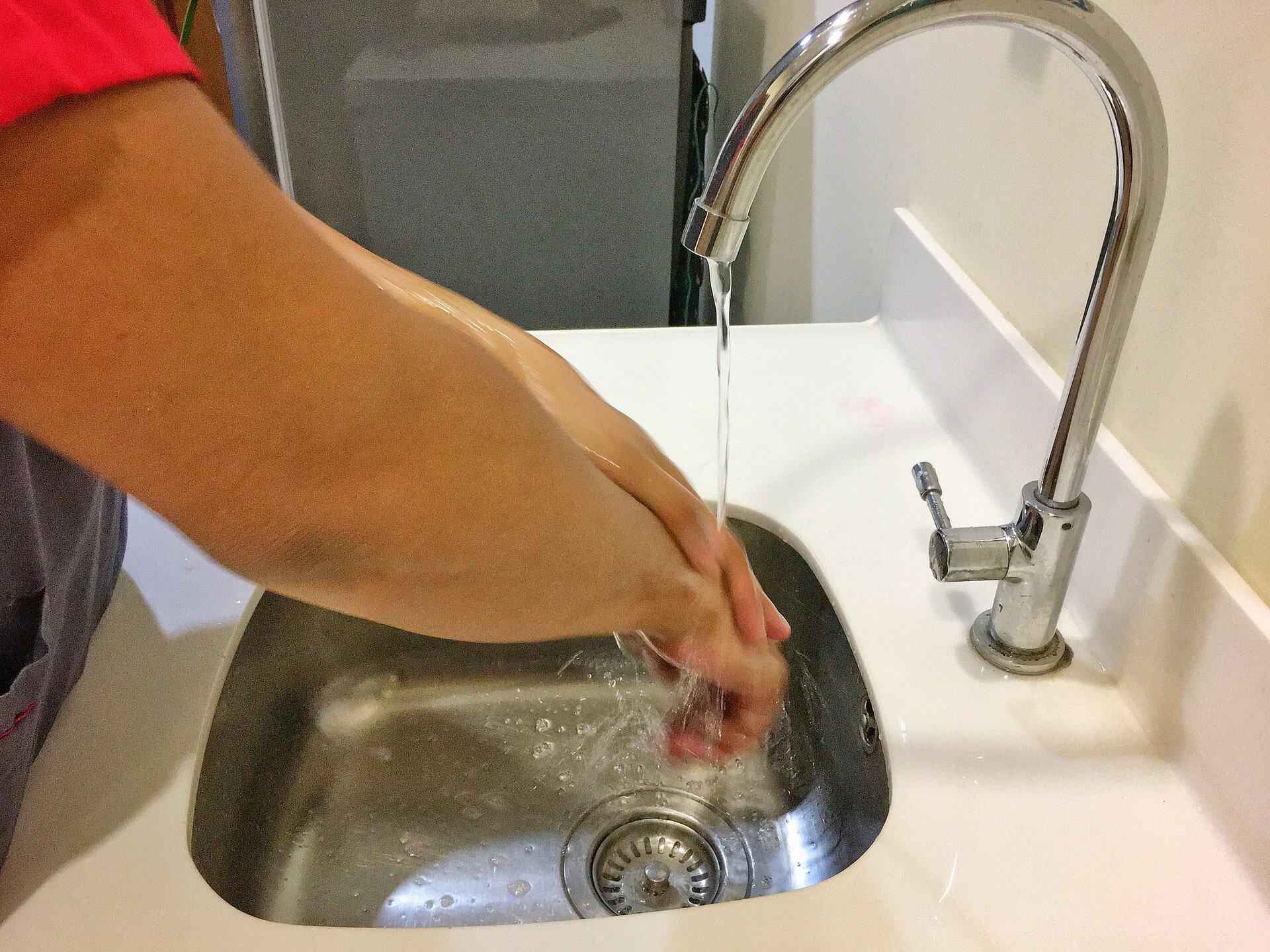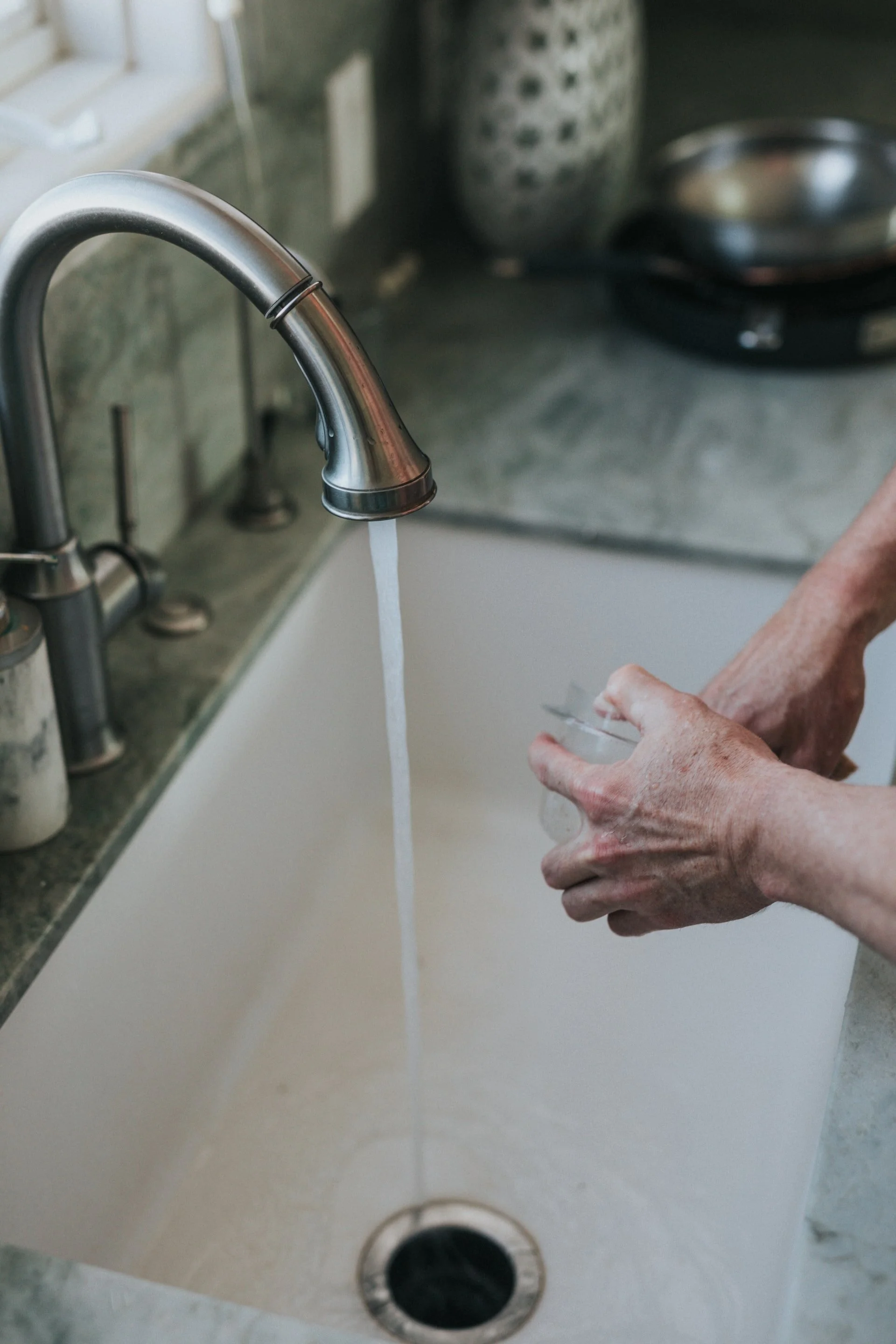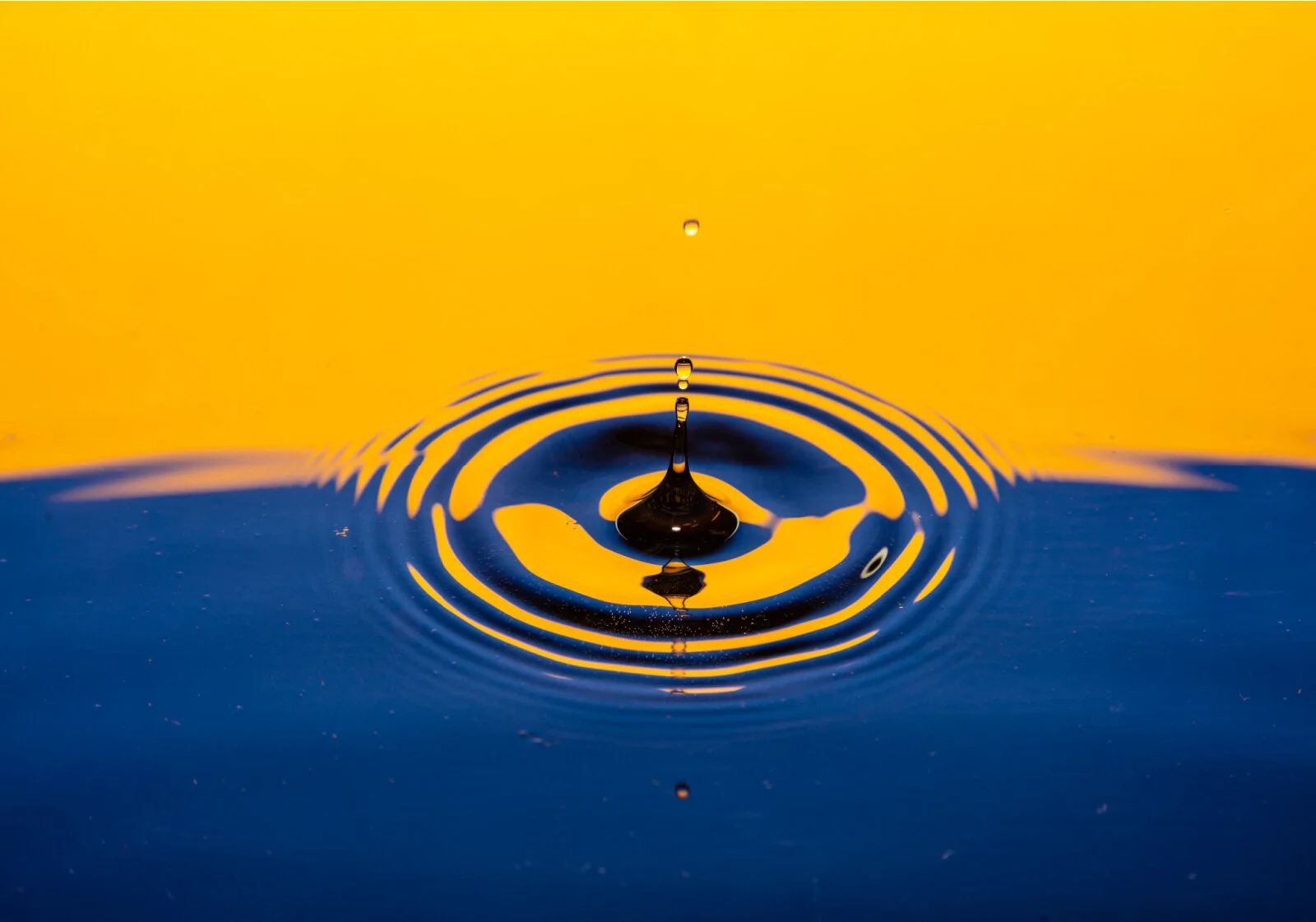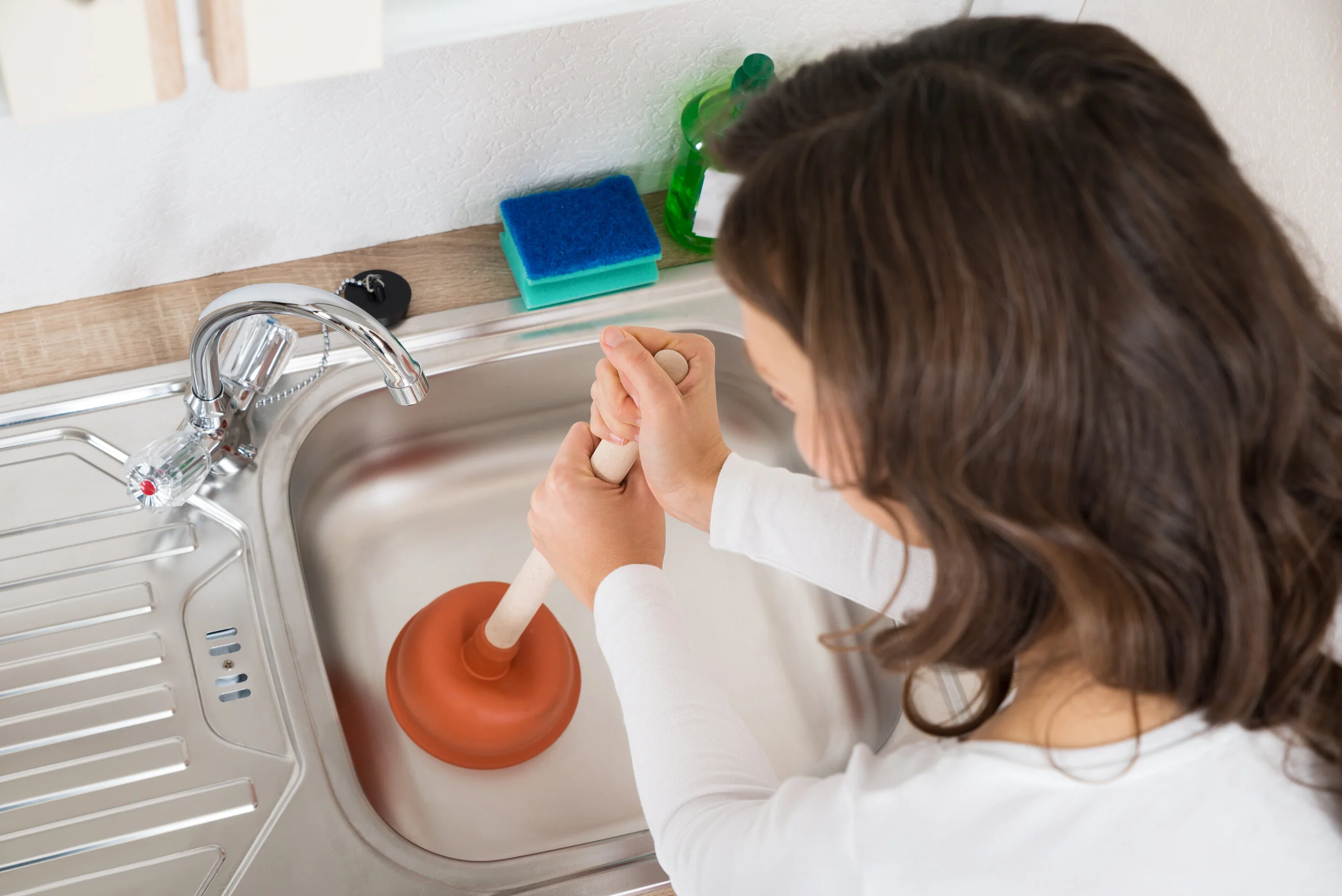Low water pressure could be caused by several different factors, so it sometimes takes a little bit of detective work to determine what the specific cause of the problem is.
How Do I Maintain a Clean and Efficient Garbage Disposal?
Why Does My Shower or Sink Drain Smell?
The Risks of Plumbing Leaks
If you have a drip coming from a pipe or faucet every two seconds, that adds up to 30 drips a minute — about 3,000 gallons a month! Depending on the rates you pay, that could be anywhere from $50 to $70 added to your water bill. That’s somewhere between $600 and $840 a year!
Is Your Sump Pump Ready for Summer Storms?
Summer is coming, and that means long hours of daylight, high temperatures, and moisture — lots and lots of moisture. And all that moisture also means rain, thunderstorms, and sometimes even hurricanes. For homeowners with a basement (and that makes up a large portion of homeowners), now is the time to make sure your sump pump is ready for summer.
The Risks of Plumbing Leaks
Plumbing Tools Every Homeowner Should Have On Hand
Tips for Conserving Water
Removing and Preventing Limescale
Limescale isn’t bad merely because it’s unsightly. When limescale builds up in your pipes, it can cause poor water pressure; in your water heater, it can mean your tank needs more energy to keep your water warm. All in all, this means your electric bill is going to be higher throughout the month. In especially bad situations, limescale can build up in your pipes to such an extent that it blocks the flow of water altogether.
Unclogging Drains with Vinegar and Baking Soda
Going with baking soda and vinegar could be a great option if your clog isn’t too bad. Older plumbing can take some damage when exposed to particularly harsh drain chemicals. Additionally, because baking soda is a natural deodorizer, it will take care of any gross smells lingering down in your drain.











